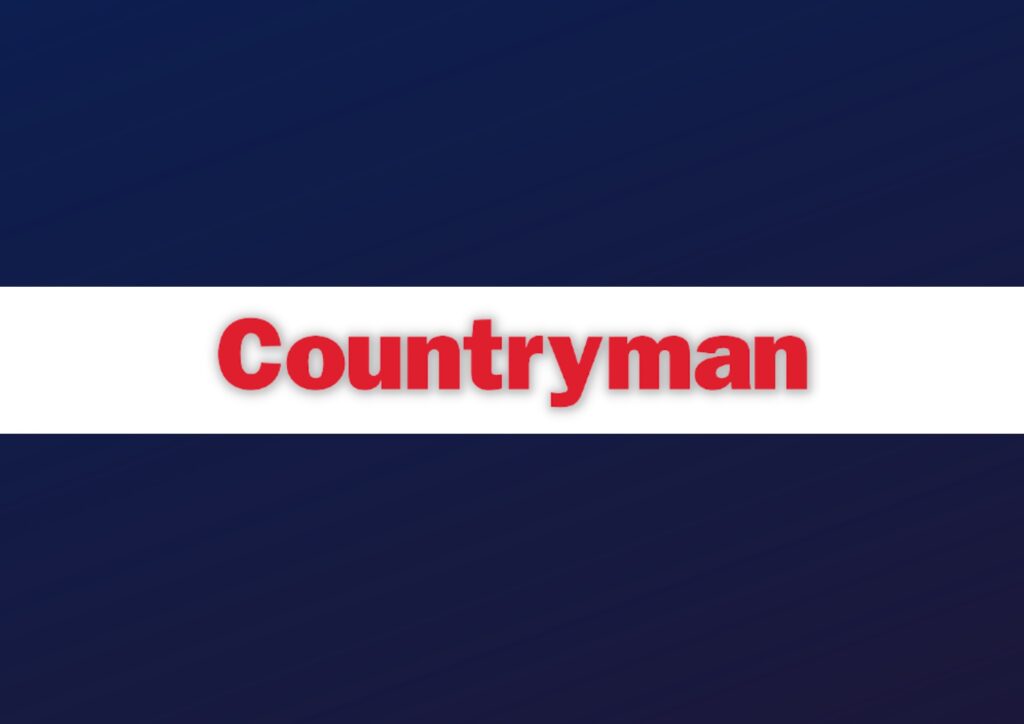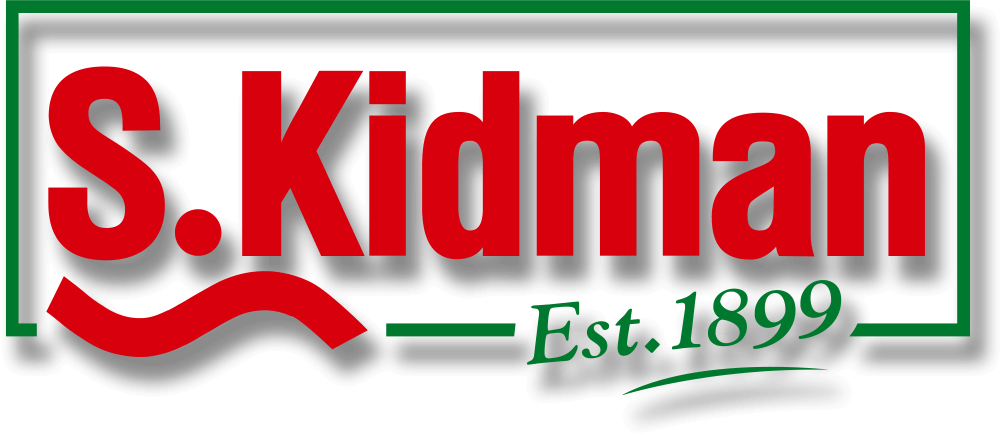
Article by Tony Seabrook courtesy of Countryman.

The so-called jobs crisis has been caused by the splurging of hundreds of billions of dollars of borrowed money at both State and Federal levels on projects that could have waited.
It’s the end of 2022 and time to take stock of where we are now.
Something has gone badly wrong.
With almost every imaginable resource and a well-educated workforce, our Federal Government is racing towards $1 trillion in debt with budgets in deficit for the foreseeable future.
A once-vibrant manufacturing sector is now almost non-existent.
According to the Australian Council of Trade Unions, we are now a “service economy with the focus on caring”.
This foolish statement portents a very bleak future.
The centre of politics has been pushed dramatically to the left and anyone promoting the values of the right is increasingly tagged by the phrase “radical”.
The recent debate over proposed tax cuts in 2024 exposes the left at its worst.
The so-called jobs crisis has been caused by the splurging of hundreds of billions of dollars of borrowed money at both State and Federal levels by previous government on projects that could have waited.
These government-initiated infrastructure projects have created such a demand for labour and resources that the private sector struggle to compete.
The competition in the marketplace is driving up prices and this is feeding inflation.
There are a few here that may recall the 1980s burst of inflation (though apparently none in our current government).
I was there and watched the stupidity of Labor, led by Bob Hawke, compensating workers with wage rises in an attempt to insulate the population from the aforesaid inflation.
Cost of production went through the roof, with interest rates for many at more than 20 per cent. Many businesses ceased to be competitive and the seeds for the destruction of our manufacturing base were sown.
Under Paul Keating, we had “the recession we had to have”.
We are entering a similar period.
Will our Federal Treasurer have the strength to do what must be done to contain inflation?
Or will he succumb and allow all those clamouring for government to borrow even more to pay for the unaffordable?
Ronald Reagan famously said: “Inflation is the price we pay for those government benefits everyone thought were free.” Reserve Bank governor Philip Lowe, after saying in March that there would be no interest rate rises until 2024, has now initiated seven rate increases and has indicated there will be more to come to control inflation.
He should be held accountable for the statements he has made and the advice he has.
In the private sector, he would have been called upon to resign.
Many people took on debt on the information he provided, and this debt is now becoming unaffordable.
We must get serious industry working again boring things like petroleum refining, tyre manufacturing, the production of fertilisers and agricultural chemicals.
Not coffee shops and recreational facilities.
Local sport is a fabulous thing it enhances and supports community, provides health and fitness, reduces depression and loneliness, and reflects great values of participation and teamwork.
However, it ties up a staggering amount of resources that could be much better utilised.
The money spent on stadiums could be used for hospitals or maybe even defence infrastructure.
The endless pandering to left-wing and minority pressure groups demanding grants and compensation for everything is no longer affordable.
The Government’s weak response to these city-based pressure groups with regard to the banning of live export of sheep is reprehensible.
Let’s get the constraints that inhibit industry out of the way so that profits can be made and taxes paid. Two absolute standouts in the world demonstrating what good and focused governments can achieve are Norway and Singapore.
Norway, with a GDP one quarter the size of ours, has used its resources to create a high-tech industry and a sovereign fund using its natural assets.
This fund of $1.19 trillion owns 1.4 per cent of the world’s listed companies and is worth $250,000 for every Norwegian citizen.
Singapore, with not a single natural resource, is a very wealthy and clever country.
To put this into context, last year we exported $64 billion worth of agricultural products and $351b worth of iron ore, coal, alumina and copper.
We should be the wealthiest, most powerful nation in our region with a health system the envy of the world.
Why are we underachieving?
Do we not recognise that the cost of electricity is rising fast enough to do our nation huge economic harm?
France, China, Russia and Japan have in total, I understand, 180 nuclear power plants and they are building more but there are none here.
China, India, the US and EU are operating more than 1500 coal-fired power plants and there are many more in the world.
We propose shutting ours prematurely in the mistaken belief that this will save the reef and protect our island neighbours from rising sea levels. To hell with the economic harm.
The US produces, or is capable of producing, everything it needs.
It is able to defend itself and also most of the free world.
We have totally lost the ability to be self-reliant in any way.
I have watched in dismay as our capacity to manufacture has been destroyed by a succession of governments who have seemed oblivious to the disastrous outcomes of their policies. It continues to this very day.
It is all very well to say that we must manufacture again, first we must work out how and why we lost this capability initially.
To go from four motor car designers and manufacturers to zero in 20 years tells a significant story. We must recognise that the destruction of manufacturing is still continuing and the policy settings causing this pose a grave risk to agriculture and all industry exposed to overseas competition.
My first request to government is to remove the obstacles of unnecessary red and green tape.
Any new business or project is confronted by a wall of regulation.
How can it require eight different permits to establish a centre pivot on a pastoral lease?
The IPA have stated that the green tape industry is growing by 1000 people per year an Australia-wide number a staggering 34,600 while our entire Australian army numbers less than 30,000.
Each year, 15 Sydney harbours of water is lost into the Indian Ocean from the Fitzroy Basin.
This water has enormous potential to provide motivation, employment and purpose to a largely Indigenous community but I believe the State Government is determined to stop this development.
My second request of Government would be to abolish stamp duty and payroll tax.
These are regressive taxes that add to our cost of production.
My third would be for that same Government both State and Federal engage with us in agriculture and manufacturing to bring about meaningful change.
Change that would recognise the incredible contribution the agriculture industry makes not just to our nation but everyone that lives here.
There is nowhere near enough focus on the need for skilled labour both seasonal and permanent in regional areas.
Unlike the resources industry we produce the food you eat, and we are renewable.
We have a single survivor from this period of stupidity and neglect agriculture.
The sector is a bit battered and bruised, but still feeding nearly 25 million Australians with the finest food in the world and exporting enough for 50m more.
Our supporting industries long gone, country towns a shadow of what they were, while health, education and telecommunications are way below anything that our city cousins would tolerate.
Through ingenuity, perseverance, and a stubborn will to succeed, we have survived.
The value of our exports is absolutely crucial to the prosperity of our nation.
There will always be droughts, floods and fires and it is unreasonable to think otherwise.
What must be at the centre of all government thinking is the necessity to be world competitive.
Do not allow these costs, bureaucracy, red tape and lack of meaningful discussion to undermine and threaten the greatest and most resilient manufacturing system remaining in Australia today.
Tony Seabrook is the president of the Pastoralists and Graziers Association of WA and a farmer at York Let’s get the constraints that inhibit industry out of the way so that profits can be made and taxes paid.

